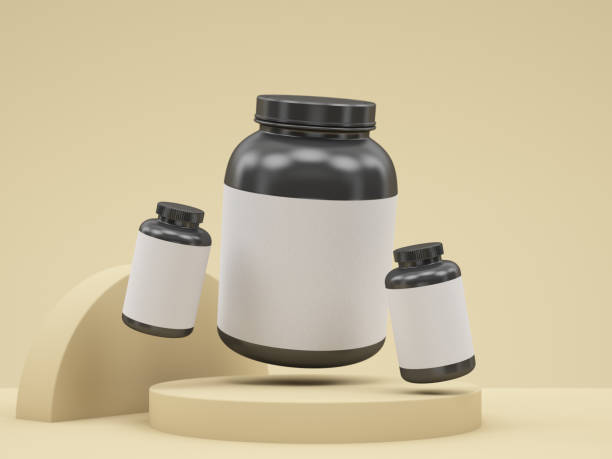
Supplements can fill in nutrient gaps if you're missing certain vitamins and minerals. However, they shouldn't replace a nutritious diet and healthy lifestyle. Dietary supplements are nonprescription and over-the-counter pills, gummies, powders, etc. that contain nutrients such as vitamins, minerals, herbs and amino acids. Unlike drugs, they are not regulated by the FDA.
1. They Help You Get the Right Amounts of Nutrients
Supplements, which are also called dietary supplements, can help you get the vitamins, minerals and other nutrients that your body needs to function. They can even help you prevent some health conditions from developing and improve your symptoms if you have one.
These supplements come in pill, powder, liquid, bar and gummy form. They may contain vitamins, minerals, herbs or botanicals, amino acids, enzymes and other substances designed to enhance your diet. Sneak a peek at this website to discover a knockout post about InstAminos.
Although they're useful for filling in nutrient gaps, you should not use them to replace whole foods. You should always eat a healthy diet to promote good health and prevent disease. When you choose a supplement, make sure to read the label and compare its nutrient content with RDAs or adequate intake levels. It's also important to buy products made by reputable companies that follow good manufacturing practices and safety guidelines. You should also report any adverse reactions to the FDA. These reports can help keep the public safe.
2. They Help You Feel Better About Your Health
Whether in pill, powder or liquid form, dietary supplements often contain vitamins, minerals, herbs, botanicals and amino acids. They are a type of complementary and alternative medicine (CAM), a term that encompasses a broad range of medical and health care systems, practices and products that are not considered part of conventional medicine.
While the benefits of some dietary supplements are well-established, others still need further study. Moreover, some may cause problems when combined with other medicines or have side effects in certain groups, such as children or pregnant women.
It is important to discuss dietary supplements with your health care professional before starting them. Also, it is a good idea to keep a record of the supplements and medications you take so that your health care professional can check for potential drug-supplement interactions. NIH's My Dietary Supplements app is an excellent resource for keeping track of the vitamins, minerals and herbs you take. It is available for Android and iOS devices.
3. They Can Help You Maintain a Healthy Weight

Supplements are a great way to get the vitamins and minerals you need when your diet is lacking. However, they should never be used in place of a balanced diet. Always talk to your doctor before adding any supplements to your regimen. They can help you determine which micronutrients you are missing and whether or not a supplement is right for you.
Nutritional supplements are products that contain vitamin D, B12, calcium, iron, amino acids, herbs or other botanicals and more. They come in pill, capsule, gummy and powder form as well as in drinks and energy bars. These products do not have to go through the same safety testing as drugs, though the FDA does monitor them for potentially dangerous ingredients.
The FDA encourages health care professionals to share any adverse events that occur while taking dietary supplements. This can help them take action to remove unsafe products from the market. They can also work with companies to bring products into compliance.
4. They Can Help You Prevent Disease
Nutritional supplements can help prevent disease by providing the proper amounts of nutrients. This can prevent deficiencies and reduce the risk of certain health conditions, such as heart disease or osteoporosis. They can also help prevent malabsorption, which occurs when a person cannot absorb the nutrients they consume due to an illness or a condition such as celiac disease, Crohn's disease or cystic fibrosis.
However, it is important to remember that supplements aren't a substitute for a healthy diet. In fact, they can have harmful effects if taken in excess or if they contain ingredients that are potentially dangerous, such as drugs and chemicals.
Talk to a medical professional before taking nutritional supplements, particularly any products that claim to cure diseases or other health conditions. They can provide advice on what supplements are safe to take and how much of each one you should take. They can also help you find a product that is made in compliance with good manufacturing practices (GMPs). This helps ensure that the product is free of contaminants and contains the correct amount of the correct ingredient.